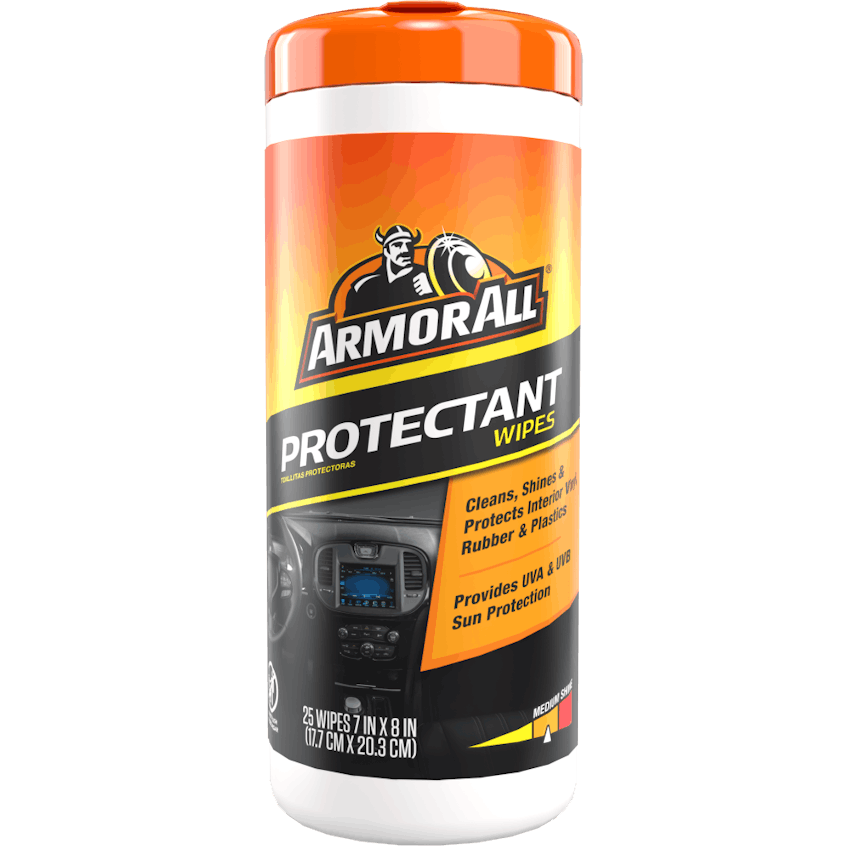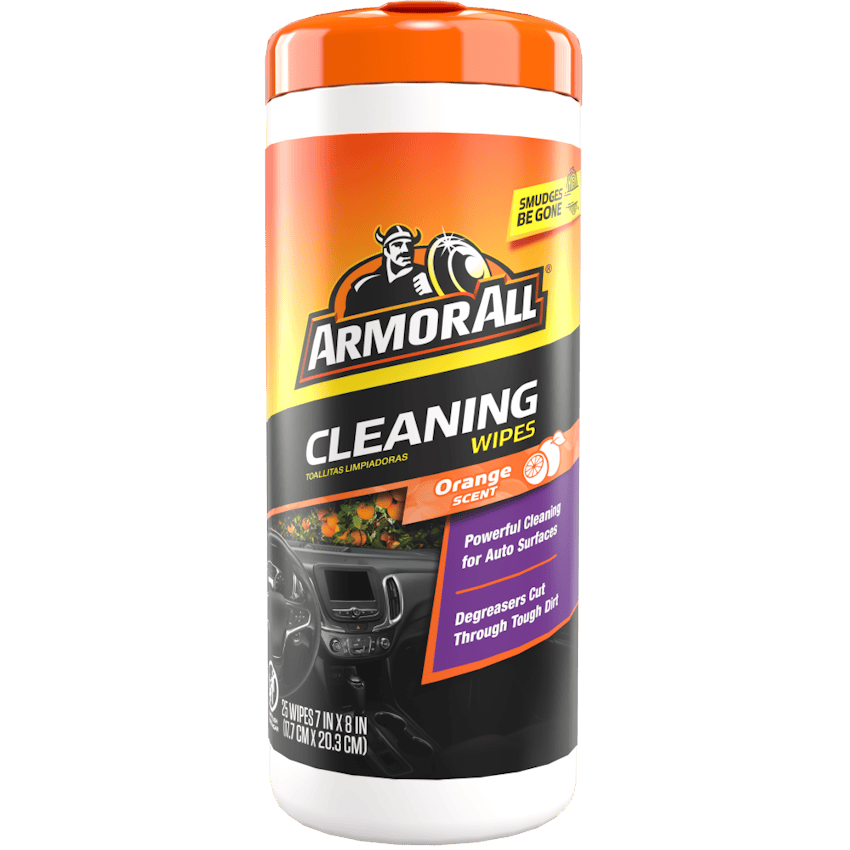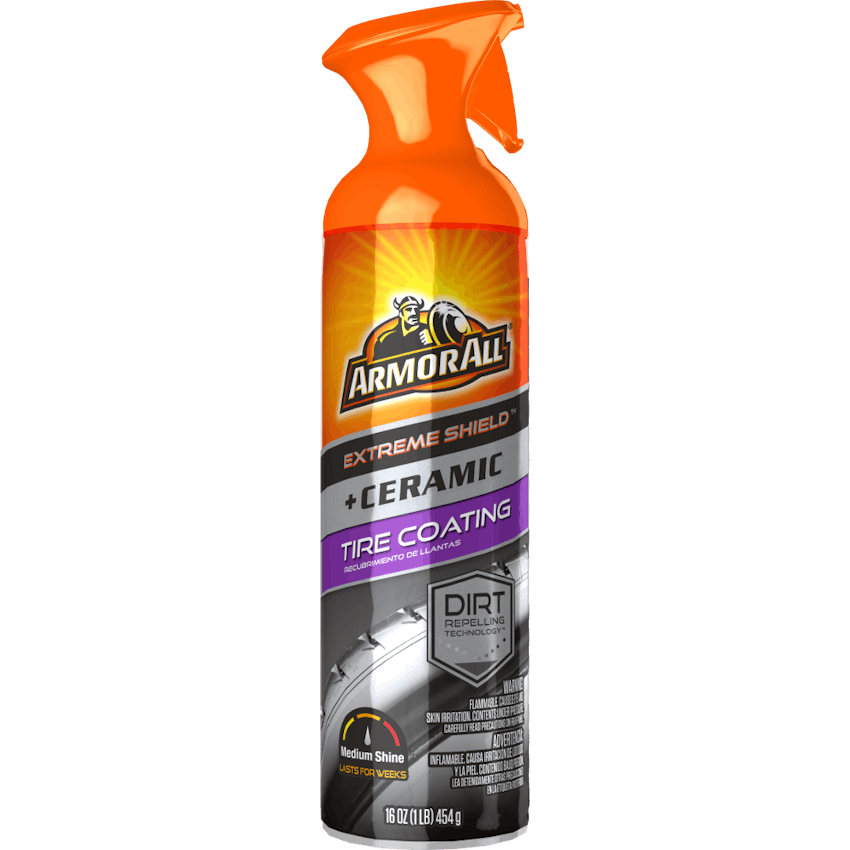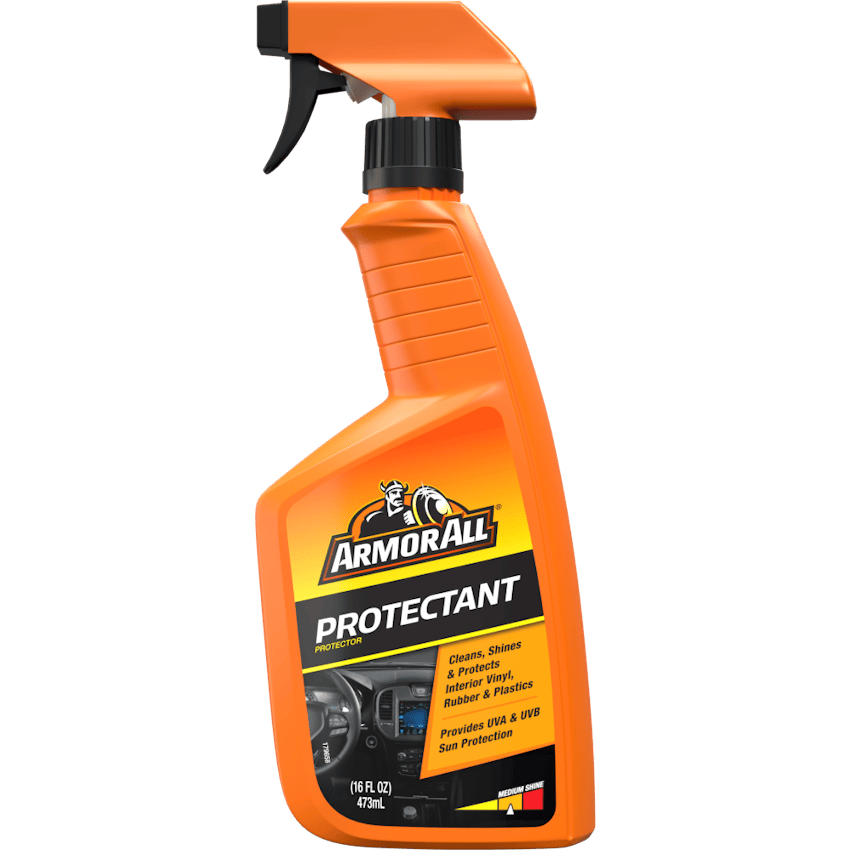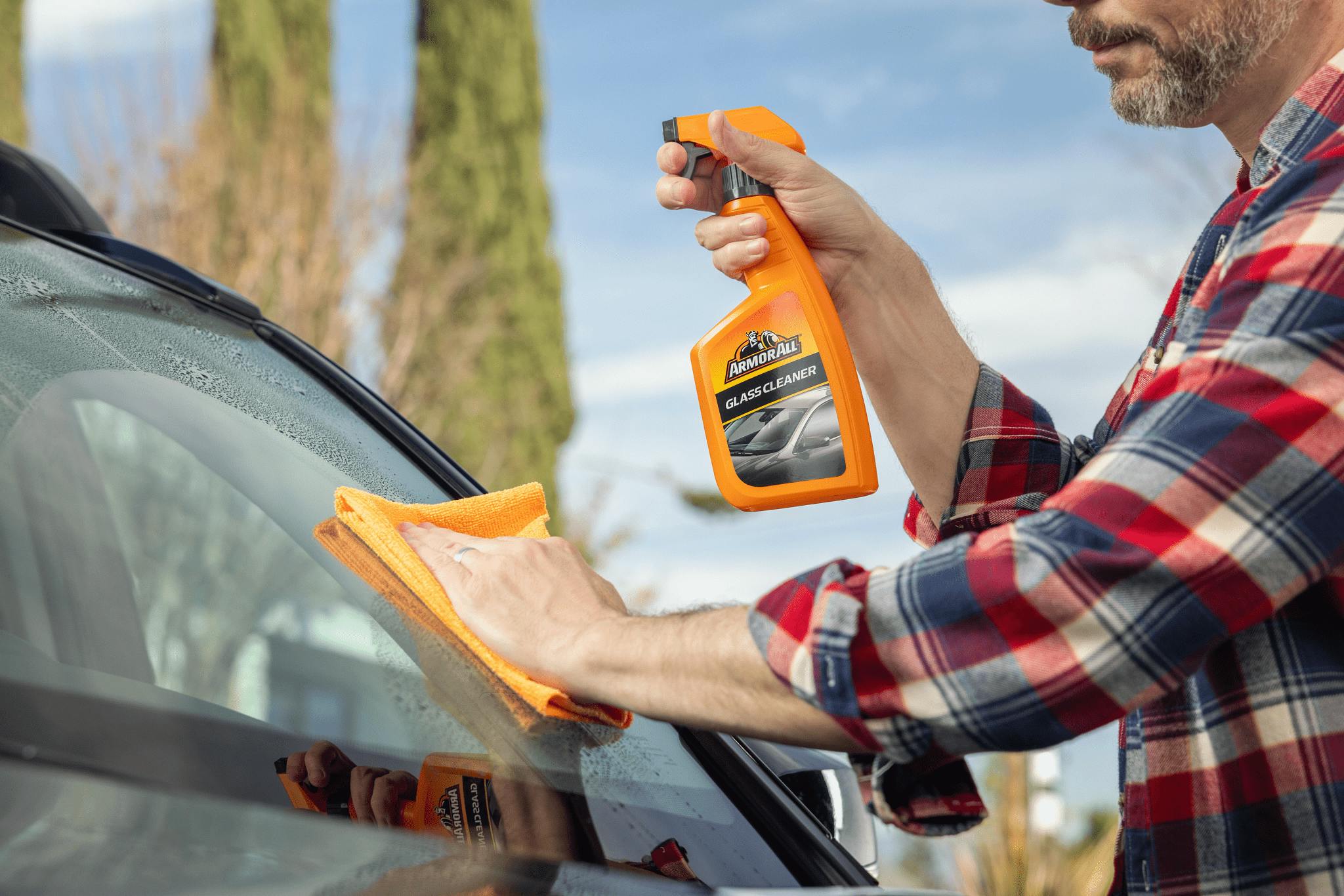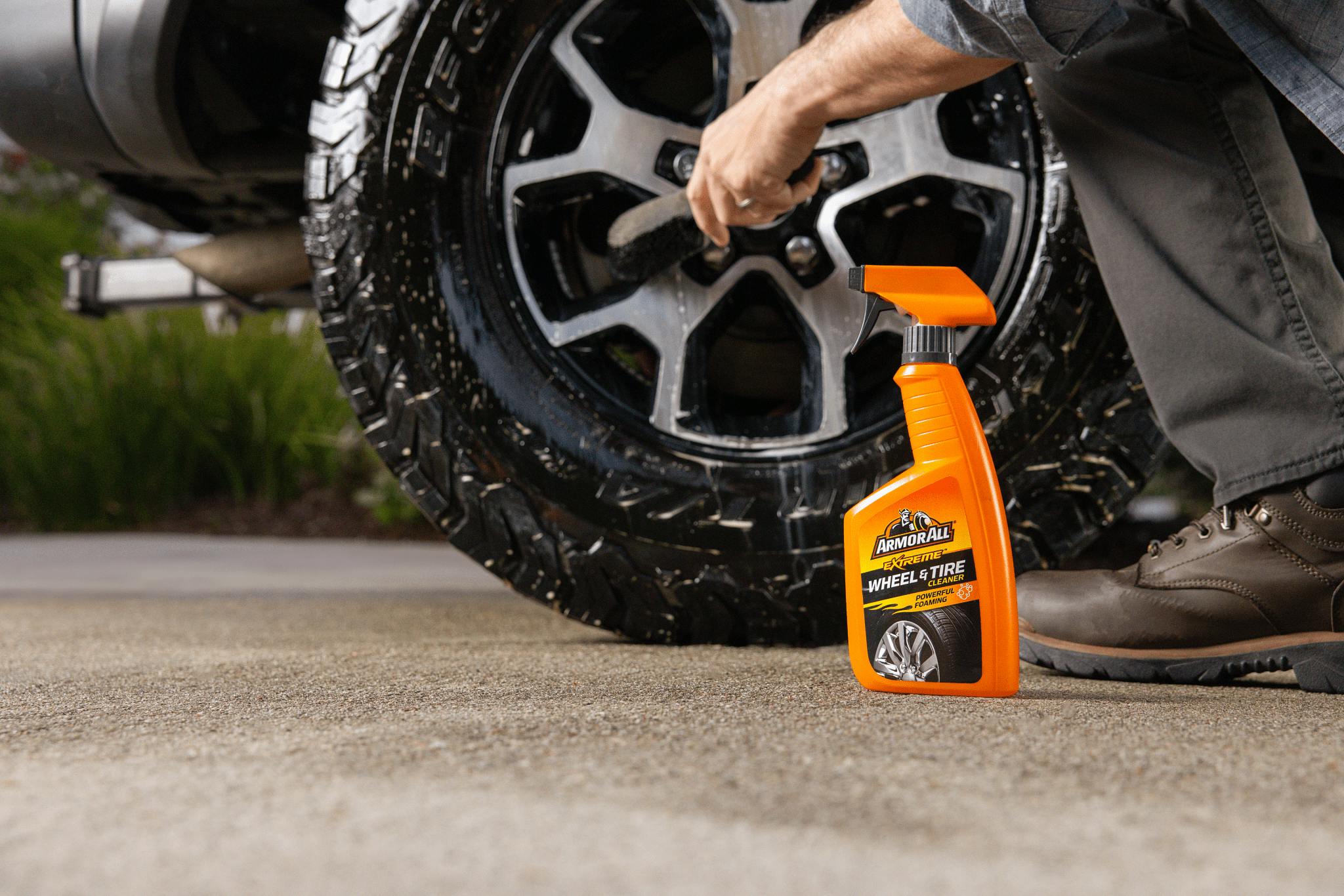Exterior Tips
How to clean car glass
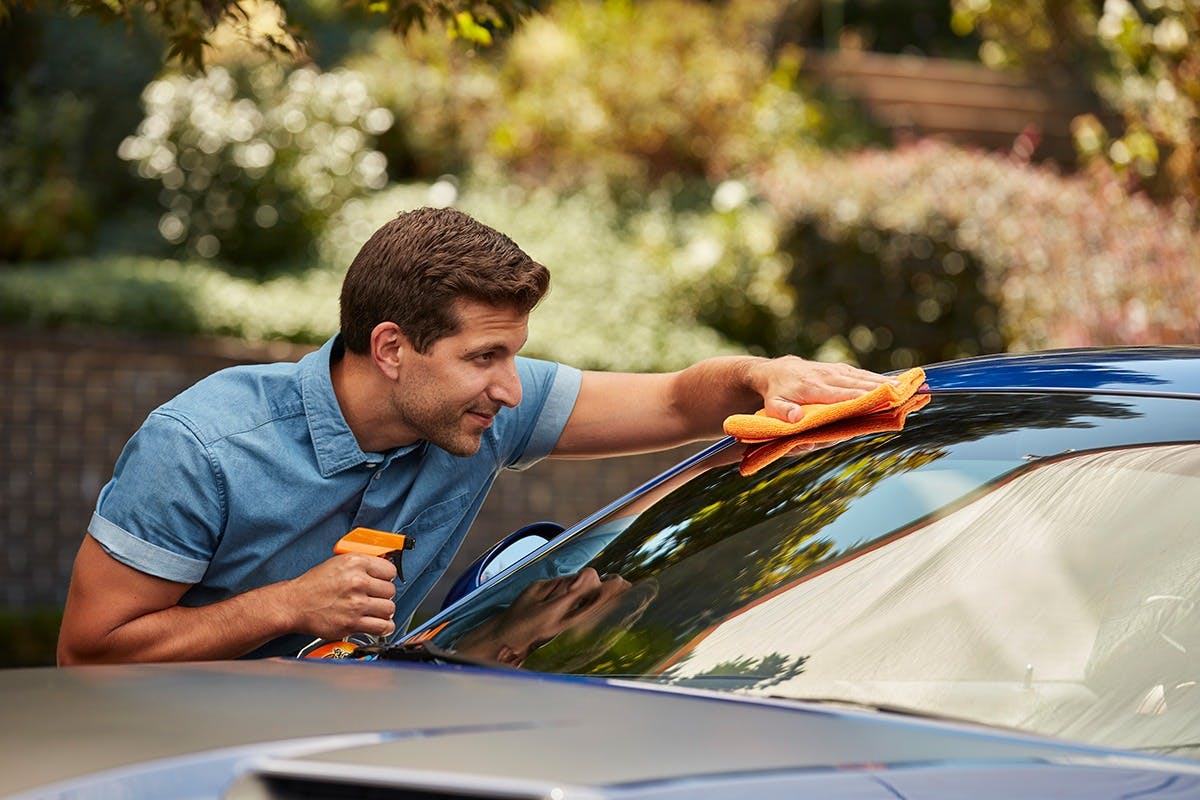
- Specialist cleaning products give the best finish
- Glass treatments help droplets run off
- Clean glass inside and outside for best results
Your car’s windows can accumulate dirt and dust particles, road grime, tree sap, water spots, bugs and bird droppings. Knowing how to clean auto glass and how to keep your windshield clean is essential for safe driving. Read on to find out how to clean your car’s glass and the right products to use for a sparkling finish.
How to clean automotive glass
Our first auto glass cleaning tip focuses on the products you need to use to get clean surfaces without causing any damage.
- Using an auto glass cleaner specially formulated to be ammonia-free is recommended. While ammonia works well in the home, it can harm many car surfaces, including window tinting, vinyl, rubber, and leather - and can be hazardous to your health.
- A microfiber towel is one of the best products to clean your glass windshield and obtain a streak-free shine.
- Some experts recommend using balled-up newspapers for drying, as they are lint-free, and the ink has a polishing effect.
When cleaning glass, avoid direct sunlight, which can evaporate glass cleaners too quickly, leaving a streaky residue. Use a circular pattern to spread the cleaner on the glass, then use another part of the towel to wipe dry and leave a streak-free shine.
Avoid overspray by using auto glass cleaning wipes and keep a package of glass cleaning wipes in your car for touch-ups, such as wiping off tree sap or bird droppings, cleaning fogged-up windows or wiping off sticky handprints.
Top tip: It’s important to be careful of the water temperature before cleaning your windshield, as windshields could potentially crack if the water is too hot.
Cleaning exterior glass and wipers on car
After cleaning your windshield, consider treating the glass with a glass treatment. The hydrophobic additives cause water droplets to run off the windshield while driving.
Your side mirrors can also easily pick up dust and grime from driving on the road. Make sure you clean them regularly with glass wipes so your side vision isn’t obstructed while driving.
Cleaning Wiper Blades
Use a damp cloth to wipe clean each wiper blade. You may apply protectant on the blade’s plastic parts to help them shine and protect them from UV damage, but avoid getting any on the rubber part, as it can cause streaking.
How to clean interior glass on car
It is just as important to know how to clean car glass on the inside of your vehicle as well as the outside as film caused by smoke, fingerprints, condensation, and other pollutants can build up on the glass.
When tackling the windshield from the interior, sit on the passenger side to get unobstructed access. For the hard-to-reach curves of the windshield and the rear window, try wrapping the towel around the back of your hand. Be careful not to damage the defrost lines.
A small brush, such as a toothbrush, is helpful for reaching corners and trims that have accumulated dust and grease. Lower windows about an inch so you can clean the top part of the glass.
After cleaning the interior glass, consider using an anti-fog treatment. Anti-fog treatments use hydrophilic polymers or pigments to flatten water droplets into non-scattering water films.

